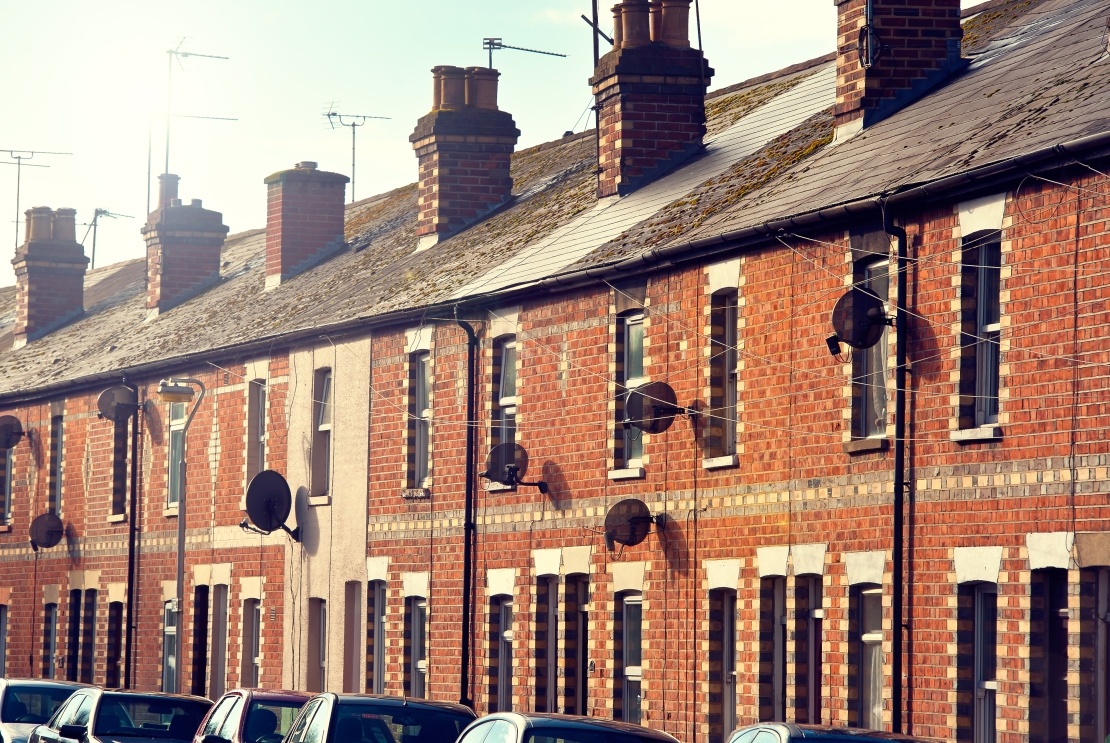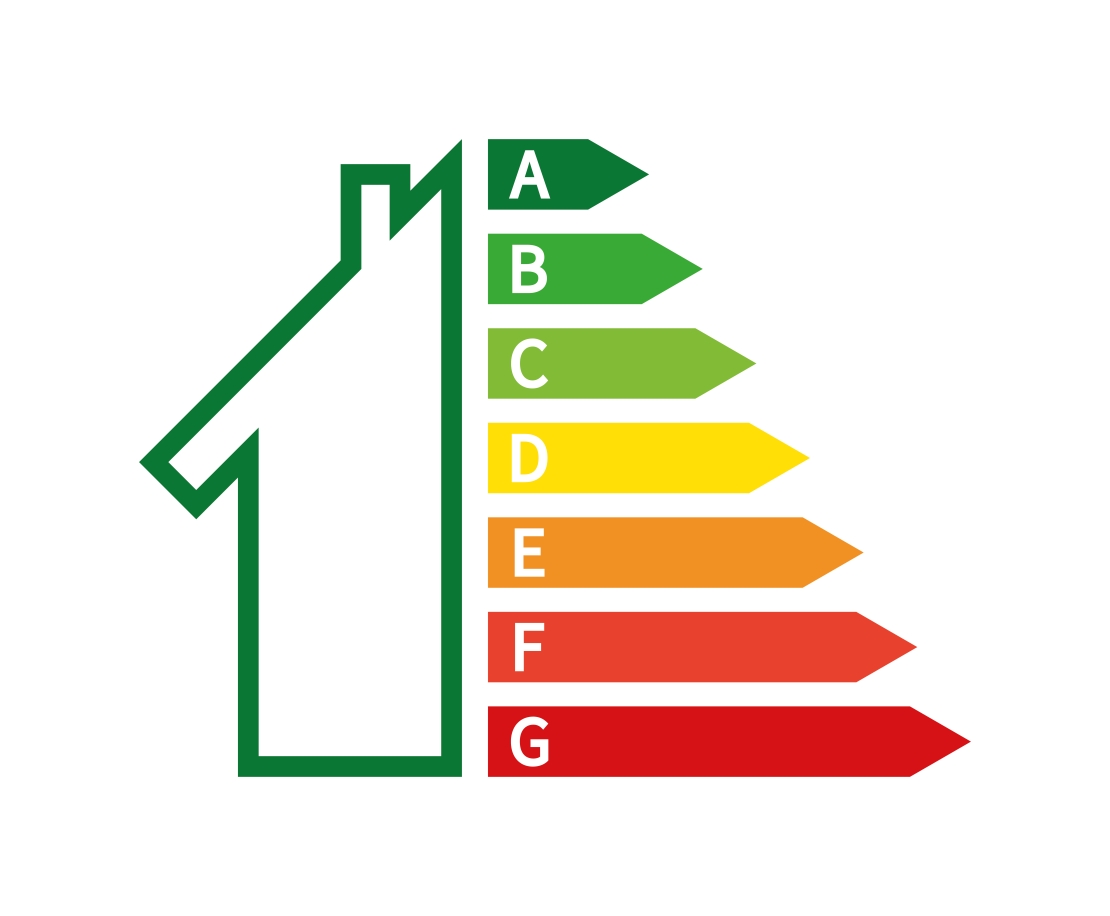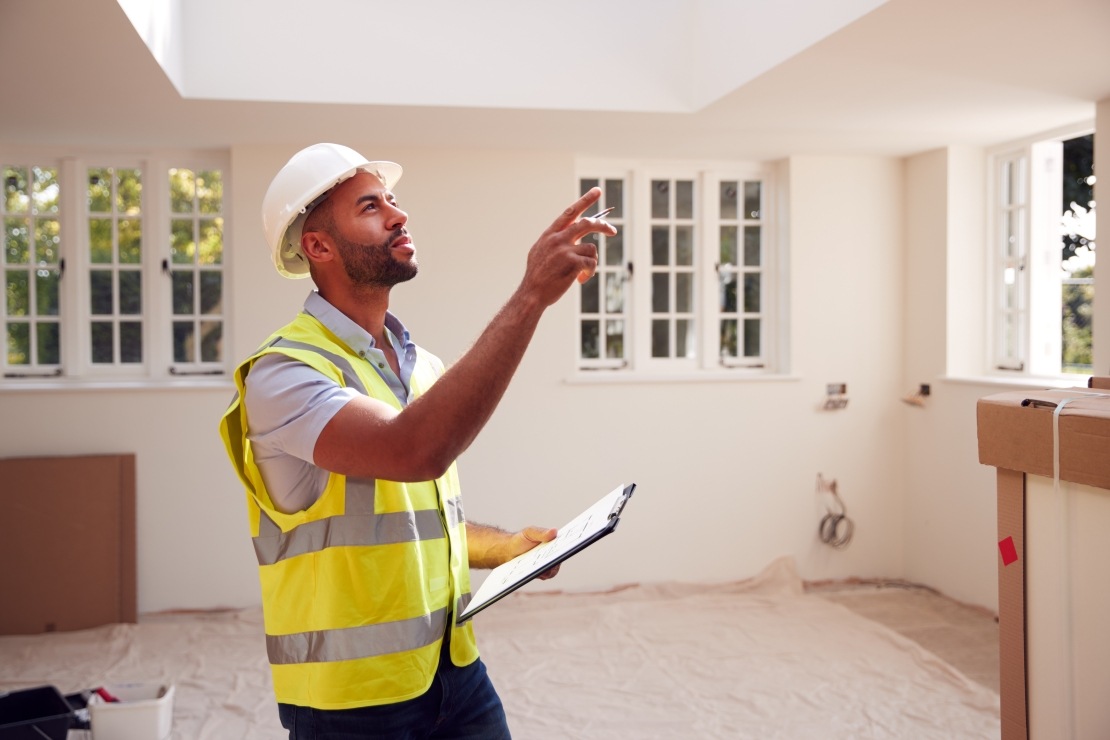Looking for ways to make your home more energy efficient and not sure where to start? We're here to help. We are now offering Energy Performance Certificates (EPC) for a fixed fee of £79 - regardless of where you are or the size of your home.

An EPC is a home energy survey that shows you how energy efficient your home is and includes a list of recommendations on how to improve your energy efficiency. It’s a legal requirement to have an EPC if you're selling, leasing or renting a property. But even if you're not selling your home, it's worth having a look at your property's EPC to find out what you can do to reduce your energy bills and carbon emissions.
An EPC will give your property an energy rating from A (very efficient) to G (inefficient) and is valid for 10 years. You can access any home's EPC through the government's website.


Our job doesn't stop after the EPC is issued.
Getting an EPC through EDF means we’ll be with you from start to finish. After you receive your EPC, we'll be in contact to help you with any recommendations you've received, by getting you in touch with our preferred installers. This means you can avoid the hassle of contacting lots of different companies for quotes. Whether it's increasing your loft insulation or installing solar panels, you can do it all through EDF.

We’re working with The Eco Scheme – a company who is committed to helping the UK become more energy efficient. We are offering EPCs for a fixed fee of £79 - regardless of where you are or the size of your home. The Eco Scheme is nationwide and all surveyors are trained to a high standard. They are TrustMark certified, the Government Endorsed Quality Scheme. So don't worry, you'll be in good hands.

Improving your EPC rating means improving your home's energy efficiency. It also means you could reduce your energy bills, make your home warmer and more comfortable and increase its value and reduce your carbon footprint. Here are some of the ways to improve your EPC:
Find out how to improve the efficiency of your appliances or, if you're ready to replace them, discover which brands give the most energy-efficient performance. Use our energy efficiency tool to see how much your appliances are costing you.
Whether you're searching for new heaters or just looking for ways to make your heating system more efficient, we've got all the advice you'll need to keep your home toasty while also saving money.
If you want to learn how to make smarter lighting choices and even understand the current regulations on light bulbs, we can help with some energy-efficient enlightenment.
Source: Energy Savings Trust.
Source: BBC article published in January 2022.